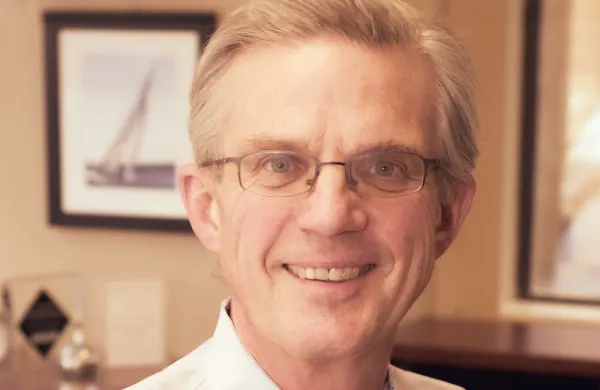A major Washington, D.C.-area hospital system has disbanded its investment group, laying off the chief investment officer and three others as part of a vast cull to reduce costs, records show.
Just a year ago, Inova Health System had lured the team of senior Cambridge Associates investment consultants to quit and come in-house at Inova. They set out to build an institutional-quality operation to run Inova’s portfolio, worth $5.6 billion at its recent peak.
CIO Laura Pinsky, managing director Craig Beach, and investment director Jason Copelas lost their jobs as of last month, along with executive assistant and 30-year Inova veteran Denise Osborne, according to digital records and informed sources.
“In April, Inova made the difficult decision to eliminate 427 non-clinical positions across the organization,” the nonprofit said Friday in an email to Institutional Investor, without specifically referencing the investment team. “Each decision we make is focused toward Inova providing the best care for our patients, especially during this global health crisis.”
[II Deep Dive: More Top Consultants Depart Cambridge Associates]
It’s unclear if Inova has a long-term plan for running its sizeable fund. The nonprofit has for the interim turned to its former investment head, Florida-based Barnard Buscemi.
“After the group from Cambridge was terminated, I was asked to return as an outsourced advisor and assist management for the time being,” Buscemi told II in an email Thursday. “I was here for 13 years managing the portfolio prior to their arrival last year.”
Inova is the second-known institution to axe its in-house allocators during the Covid era, following St. Louis’ $3 billion Mercy health system. Another hospital nonprofit — Children’s Hospitals Minnesota — furloughed one of its two dedicated investment professionals until August, along with hundreds of other staffers, likewise striving to cut costs.
Many allocators had presumed their jobs were as secure as ever, if not more so, during the downturn, as investment portfolios provide critical cash flow to institutions hammered by the pandemic. As markets churn violently, the thinking goes, having professionals at the helm only gets more valuable.
But Inova, Mercy, and Minnesota Children’s show that some stressed institutions see their investors as simply an expense on the balance sheet.
“Cutting staff that can make money in this environment shows a little bit of naivety in how the C-suite execs view investments,” a health fund allocator told II. “In lots of hospitals, they think of us as a cost center. But we’re not.” Pushing the work onto a consultant or halved staff means work is not getting done, investments are not made, and managers go without oversight, the allocator said. “That adds up to millions of dollars lost, and we don’t make that much.”






